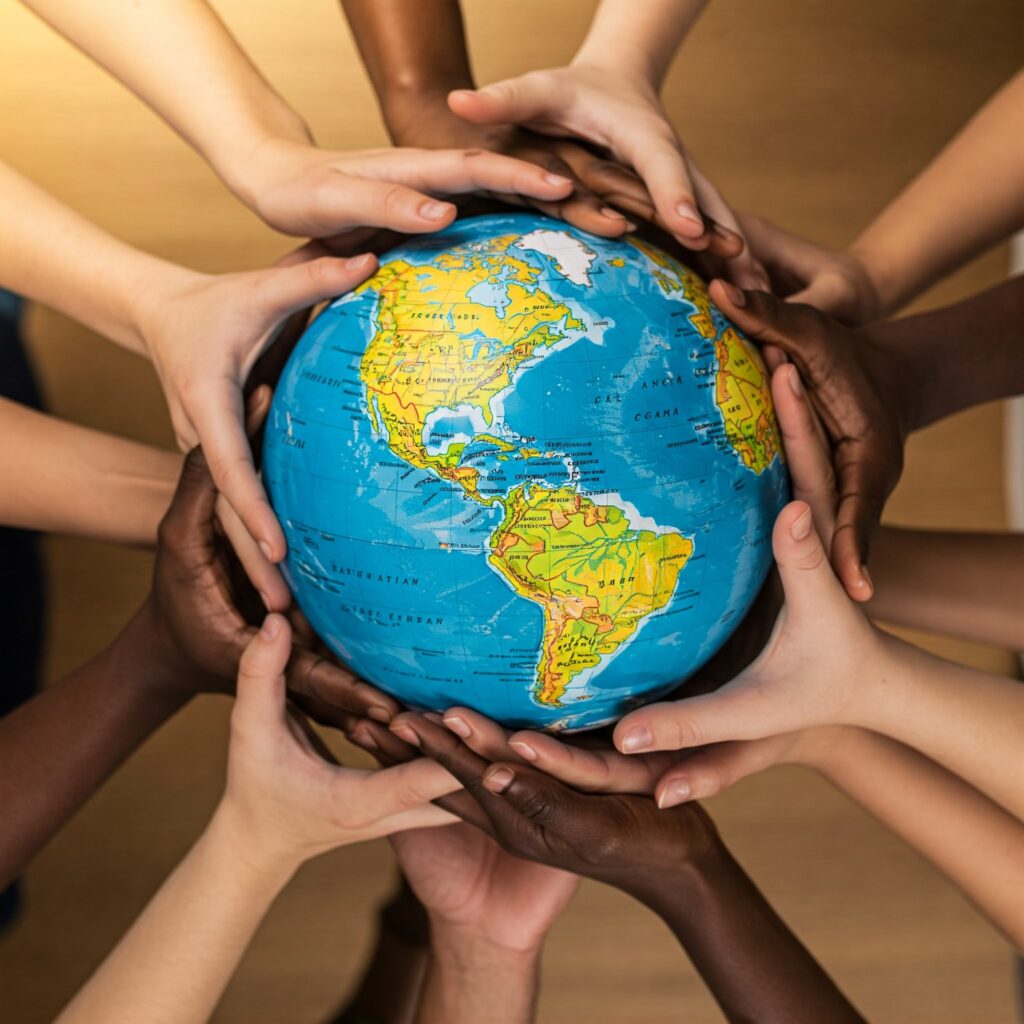Non-Governmental Organizations (NGOs) play a crucial role in bridging the gap between government initiatives and the actual needs of society. These organizations work tirelessly to support education, healthcare, poverty alleviation, women empowerment, environmental conservation, and disaster relief efforts. Their grassroots efforts help create sustainable solutions for marginalized communities, driving positive social change.
How NGOs Contribute to Community Development
1. Providing Education and Skill Development
Education is a powerful tool for change, and many NGOs focus on providing quality education to underprivileged children. They set up schools in remote areas, offer scholarships, and conduct skill-development programs to empower youth. By enhancing literacy rates and equipping individuals with vocational skills, NGOs help break the cycle of poverty and open doors to better opportunities.
2. Healthcare and Medical Assistance
Healthcare is a fundamental human right, yet many rural and underprivileged communities lack access to proper medical facilities. NGOs organize free medical camps, vaccination drives, and health awareness campaigns. They provide maternal and child healthcare, nutrition programs, and mental health support to improve overall well-being.
3. Women and Child Empowerment
Empowering women and protecting children’s rights are central to many NGOs’ missions. These organizations provide educational opportunities, vocational training, self-employment initiatives, and awareness programs against domestic violence and discrimination. By uplifting women, NGOs contribute to stronger and more resilient communities.
4. Poverty Alleviation and Economic Empowerment
NGOs help communities achieve financial independence through microfinance loans, self-help groups, and entrepreneurship training. By creating sustainable income sources, these organizations uplift families from poverty and improve their quality of life.
5. Environmental Conservation
Climate change and environmental degradation are pressing global concerns. NGOs actively work on afforestation, waste management, water conservation, and renewable energy initiatives. Their efforts help create awareness about sustainability and encourage eco-friendly practices.
6. Disaster Relief and Rehabilitation
During natural disasters, NGOs play a critical role in providing emergency aid, food, water, shelter, and medical assistance. They also focus on long-term rehabilitation, helping affected communities rebuild their lives through infrastructure support and livelihood restoration programs.
The Power of Collaboration
NGOs collaborate with governments, corporations, and local communities to amplify their impact. Public-private partnerships, volunteer programs, and crowdfunding initiatives strengthen their ability to bring about meaningful change.
How You Can Contribute
Volunteer: Offer your time and skills to support NGO activities.
Donate: Even small contributions can make a big difference in sustaining projects.
Spread Awareness: Use social media to advocate for important causes.
Adopt Sustainable Practices: Support eco-friendly and ethical initiatives.
Conclusion
NGOs serve as catalysts for social transformation, ensuring that no community is left behind. By supporting and engaging with these organizations, individuals and businesses can contribute to a more inclusive, equitable, and sustainable world.
